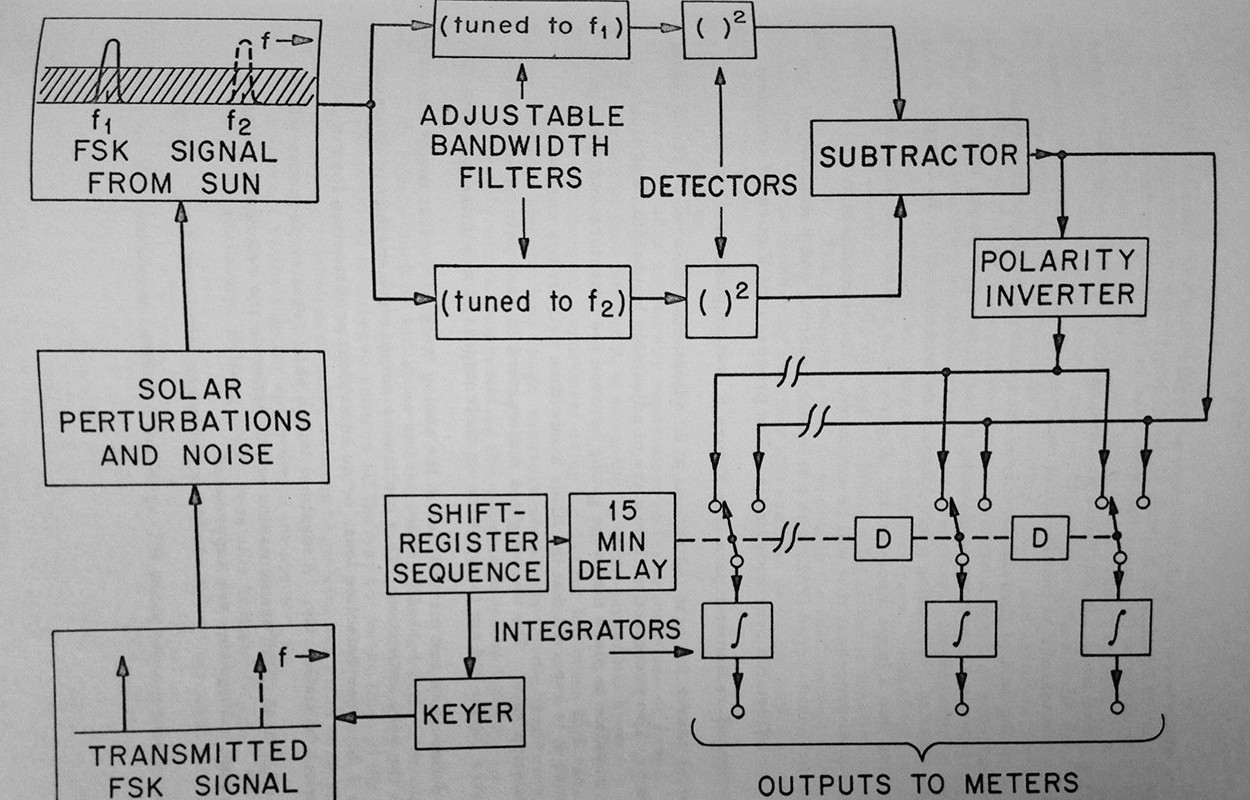The Ad Hoc Task Force on Open Access to MIT’s Research has released a set of draft recommendations that aim to support and increase the open sharing of MIT publications, data, software, and educational materials. They are available for public comment until April 17.
The recommendations include ratifying an Institute-wide set of principles for open science; broadening the MIT Faculty Open Access Policy to cover all MIT authors; adopting an open access (OA) policy for monographs; and asking department heads to develop discipline-specific plans to encourage and support open sharing from their faculty, students, and staff.
“Our recommendations are grounded in the view that openness leads to better research,” says Chris Bourg, director of the MIT Libraries and co-chair of the OA task force along with Hal Abelson, Class of 1922 Professor in the Department of Electrical Engineering and Computer Science. “They are intended to reduce barriers and provide incentives to open sharing, while remaining flexible where needed to accommodate differences across disciplines.”
The Institute-wide OA task force, convened by Provost Martin Schmidt in July 2017, was charged with exploring how MIT should update and revise MIT’s current OA policies to “further the Institute’s mission of disseminating the fruits of its research and scholarship as widely as possible.”
Over the past 18 months, task force members gathered input from experts across campus and beyond to better understand local, national, and global practices and policies related to open access. At MIT, the task force hosted two community forums and met with the five school councils, the Technology Licensing Office, the Committee on Intellectual Property, the vice president for research, and others. Members also consulted with representatives from Google, the Gates Foundation, Creative Commons, and the Scholarly Publishing and Academic Resources Coalition.
In fall 2018, the task force released “Open Access at MIT and Beyond: A White Paper of the MIT Ad Hoc Task Force on Open Access to MIT’s Research,” which provided a backdrop to the work of preparing the recommendations.
There are several ways for the MIT community to offer feedback on the draft recommendations. Ideas can be submitted via the task force idea bank, on the open publishing platform PubPub, via email to the task force, or at an upcoming community forum on April 10, from 3 to 4:30 p.m. in Room 56-114.
